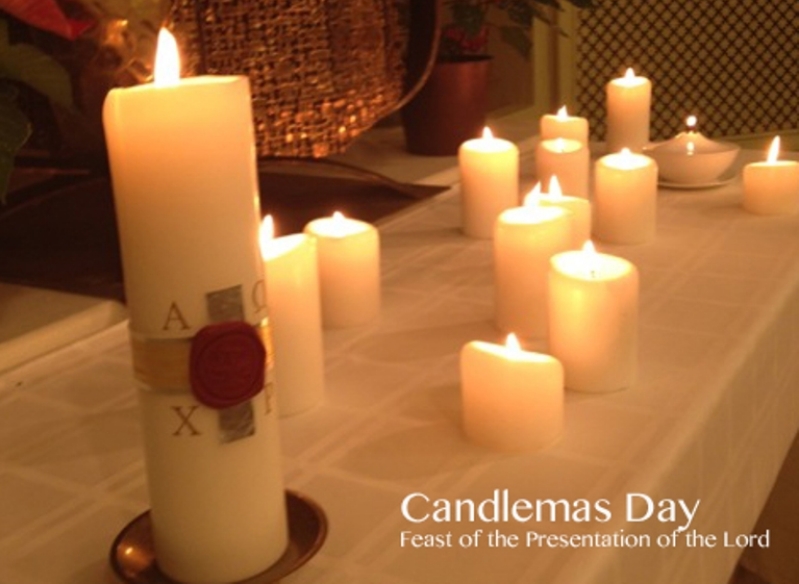
Feast of the Presentation of Christ in the Temple, or Purification of the Blessed Virgin, is being observed today (Feb. 2) by Christians around the world. While it is customary for Christians in some countries to remove their Christmas decorations on Twelfth Night (Epiphany Eve), those in other Christian countries historically remove them on Candlemas. On Candlemas, many Christians (especially Anglicans, Methodists, Lutherans, Orthodox and Roman Catholics) also take their candles to their local church, where they are blessed and then used for the rest of the year.
The Feast of the Presentation is one of the oldest feasts of the Christian church, celebrated since the 4th century AD in Jerusalem.
In Israel, the Law of Moses considered the first-born male child to belong to God. The same law considered the mother "unclean" after giving birth. For forty days she could not go out or touch anything sacred. To "ransom" the child and "cleanse" the mother, a visit to temple was required, which involved a sacrificial offering of a lamb and a dove. If the family had limited means, the lamb could be exchanged for a dove. Thus, two doves were sufficient to fulfill the precept, shares America Needs Fatima.
Forty days after the birth of Jesus, St. Joseph again helped his virgin wife onto the donkey only now she carried the creator of the universe in her arms. Slowly they made their way to Jerusalem to comply with the Mosaic Law. In their case, there was really no need for "ransom" or "cleansing," Jesus being God, and Mary being a virgin before, during and after the birth of her divine Son.
Yet, before the eyes of men, unaware of these circumstances, the holy family wished to give an example of humility and obedience by submitting to the age-old mandate. The fact that St. Joseph offered two doves is evidence of their poverty.
According to the Mosaic law, a mother who had given birth to a man-child was considered unclean for seven days; moreover she was to remain three and thirty days "in the blood of her purification"; for a maid-child the time which excluded the mother from sanctuary was even doubled, according to Catholic News World. When the time (40 or 80 days) was over the mother was to "bring to the temple a lamb for a holocaust and a young pigeon or turtle dove for sin"; if she was not able to offer a lamb, she was to take two turtle doves or two pigeons; the priest prayed for her and so she was cleansed. (Leviticus 12:2-8)
Forty days after the birth of Christ Mary complied with this precept of the law, she redeemed her first-born from the temple (Numbers 18:15), and was purified by the prayer of Simeon the just, in the presence of Anna the prophetess (Luke 2:22). No doubt this event, the first solemn introduction of Christ into the house of God, was in the earliest times celebrated in the Church of Jerusalem.
But the feast then had no proper name; it was simply called the fortieth day after Epiphany. This latter circumstance proves that in Jerusalem Epiphany was then the feast of Christ's birth.
From Jerusalem the feast of the fortieth day spread over the entire Church and later on was kept on the second of February, since within the last 25 years of the fourth century the Roman feast of Christ's nativity (Dec. 25) was introduced.






